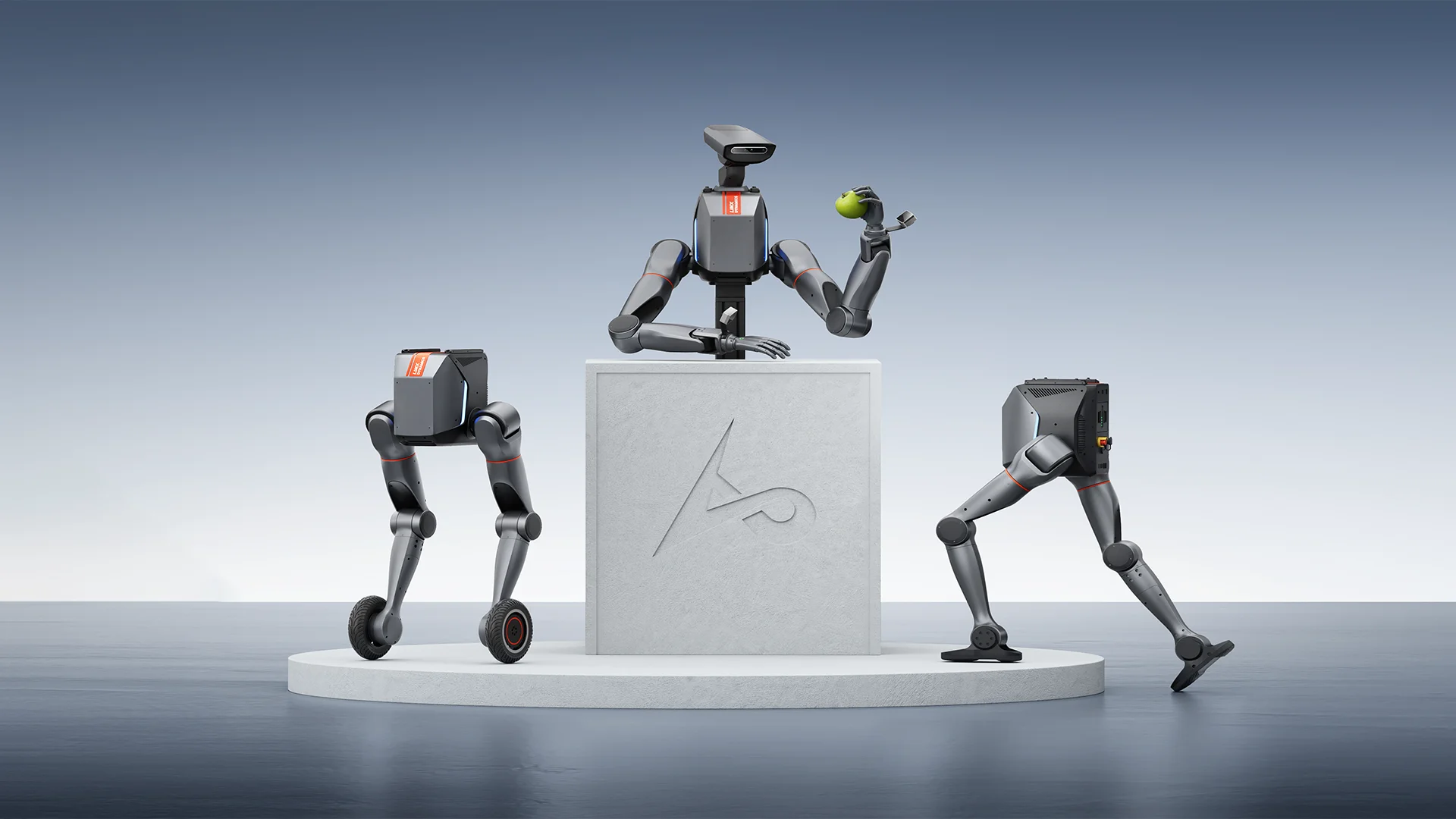Perplexity, one of the emerging startups in the field of Artificial Intelligence, has recently launched its AI assistant for Android, looking to enter a highly competitive market dominated by giants such as Google Assistant, Apple’s Siri and Amazon’s Alexa.
This assistant is an innovative solution, but like all new technologies it brings both advantages and challenges. Let’s find out what it offers and how it compares with other virtual assistants.
The pros of Perplexity’s AI assistant
- More natural and advanced interaction: Perplexity is very much about the conversation. Your AI assistant is designed to respond more smoothly and naturally than other assistants.
The answers are not limited to precise commands or fixed phrases, but try to understand the context better, making the interaction more like a human conversation. - Advanced customization: Another strong point of Perplexity is the ability to customize the user experience. The AI assistant is able to learn the user’s preferences over time, optimizing responses and suggestions according to daily habits, tastes and specific needs.
- Integration with a variety of apps: Unlike some competitors, the Perplexity assistant easily integrates with multiple third-party apps, allowing for a wider and smoother control of the Android device’s functionality.
Whether it’s messages, emails, social media or home automation commands, the assistant seems capable of handling a wide range of applications. - Intelligent and contextual search: Using cutting-edge machine learning technologies, Perplexity is able to provide not only more accurate answers but also more contextualized ones.
For example, if asked “What is the best restaurant in the area?” , the assistant will not just return a list of results, but will try to understand your favorite type of cuisine, your budget and other preferences.
The Cons of Perplexity’s AI Assistant
- Limited dissemination and compatibility: Although the launch on Android is a positive step, the assistant of Perplexity is not yet compatible with all devices.
Also, being a new application, it may lack the support and optimizations that great assistants like Google Assistant and Siri have refined over the years. - Minor ecosystem of devices: Leading AI assistants like Alexa and Google Assistant are integrated not only into smartphones, but also into a wide range of smart devices including speakers, lights, thermostats, cars, and even home appliances.
Perplexity, at the moment, does not have an equally vast ecosystem, limiting its ability to operate as a 360-degree home assistant. - Reliability and accuracy of responses: Although Perplexity offers generally intelligent and well-contextualized answers, reliability may still be a weak point.
Compared to Google Assistant, which benefits from the immense database of Google, or Siri, which integrates perfectly with the Apple ecosystem, the Perplexity assistant may not be as accurate on complex requests, Especially if the information is from sources which are particularly well-verified. - Lack of advanced features: Google and Apple assistants are now equipped with advanced functions such as voice navigation control (in Google Maps or Apple Maps), music management (Spotify, YouTube, Apple Music), and assistance in more complex contexts such as event management, Reminders and daily activities.
Perplexity is not yet able to offer such a wide range of features.
Perplexity compared to competitors
Compared to the main assistants such as Google Assistant, Siri and Alexa, the AI assistant of Perplexity has the great advantage of an advanced conversation technology and a refined personalization, but it is competing with well-established platforms that have years of experience and a loyal user base.
Google Assistant has unmatched search power and smooth information management on Android devices, while Siri is unbeatable in terms of integration with the Apple system. Alexa is the undisputed leader in the world of domotics, with millions of compatible devices.
However, Perplexity’s ambition to make the user experience more “human” could prove a distinctive feature in the long run. The key to its success will be its ability to evolve, extending compatibility, improving reliability and offering new features that can truly differentiate it from the competition.
Conclusion
Perplexity is trying to make its entrance into the virtual assistant market with an interesting proposal that stands out for natural language and personalization. However, there is still a long way to go towards full competitiveness.
The strengths lie in improving user interaction and contextualized research, while its main weaknesses are related to the diffusion and integration with the device ecosystem. Curious Android users might be tempted to try it, but they will hardly abandon their traditional assistants until Perplexity has further refined its offer.






